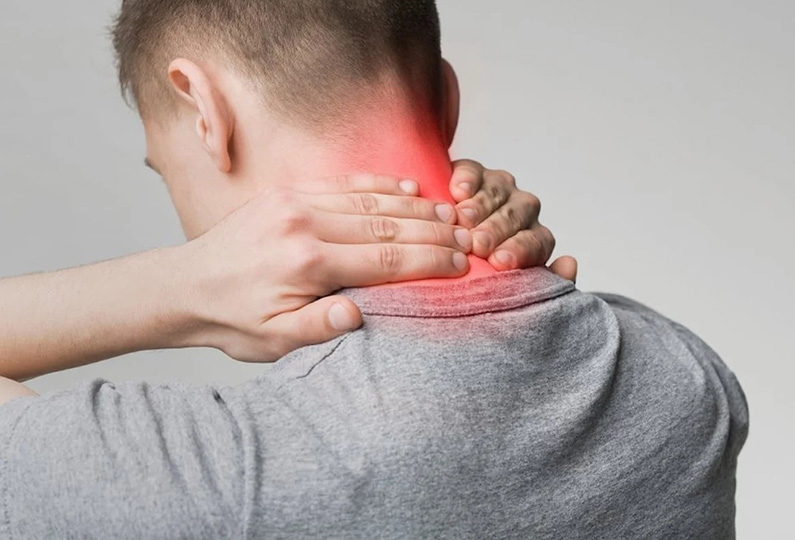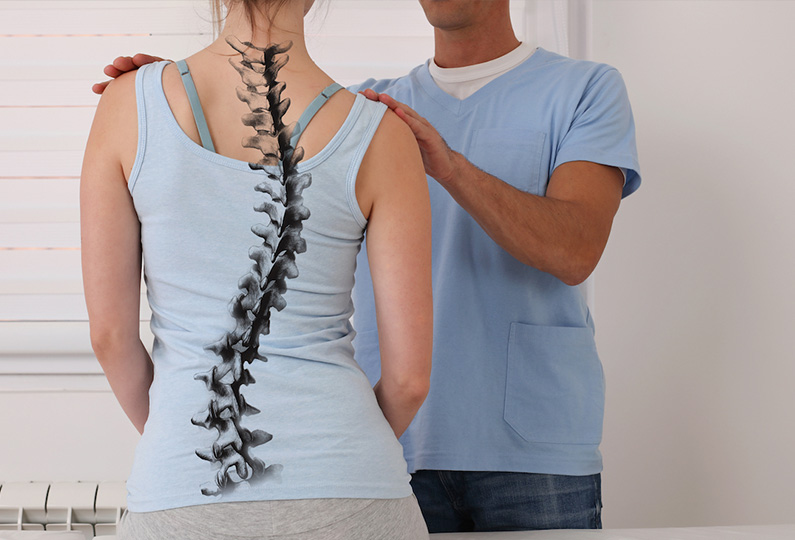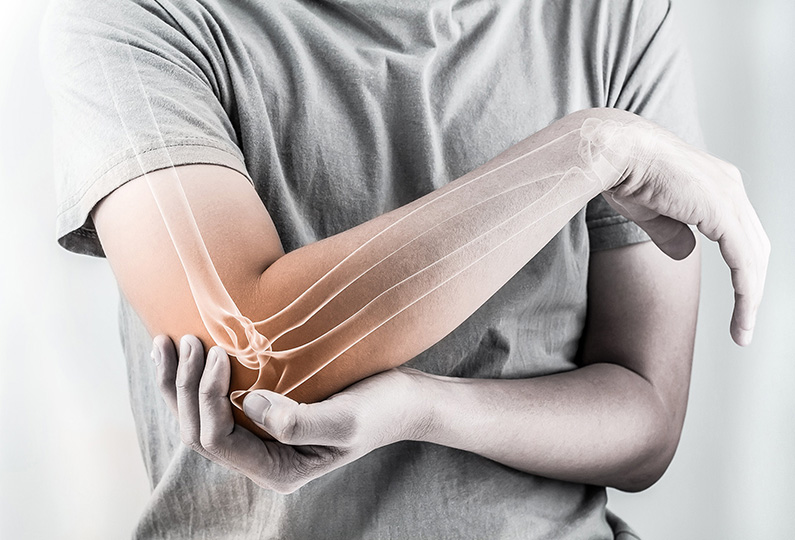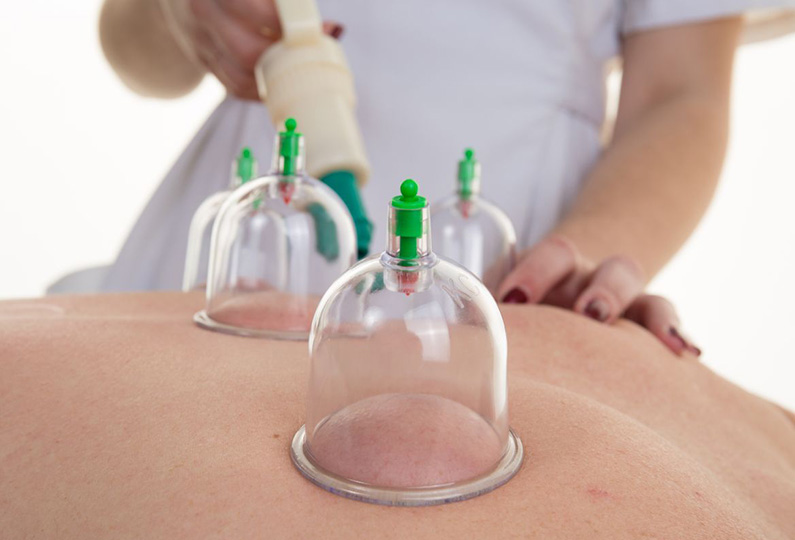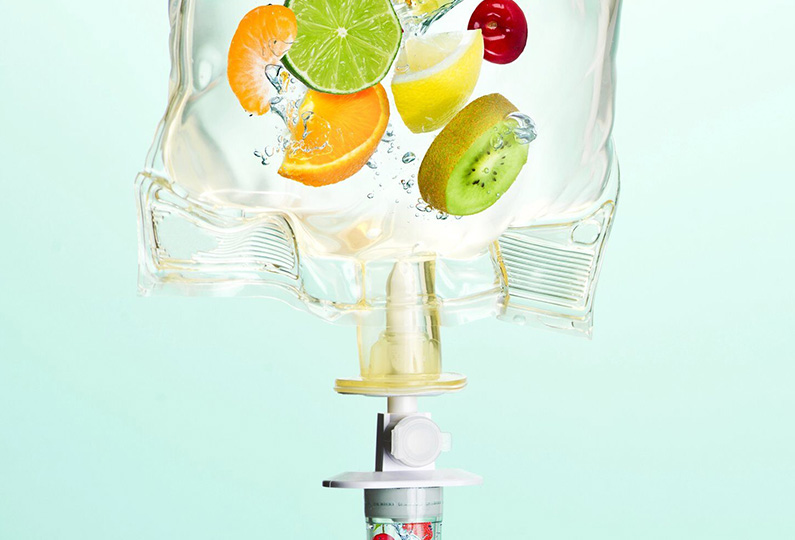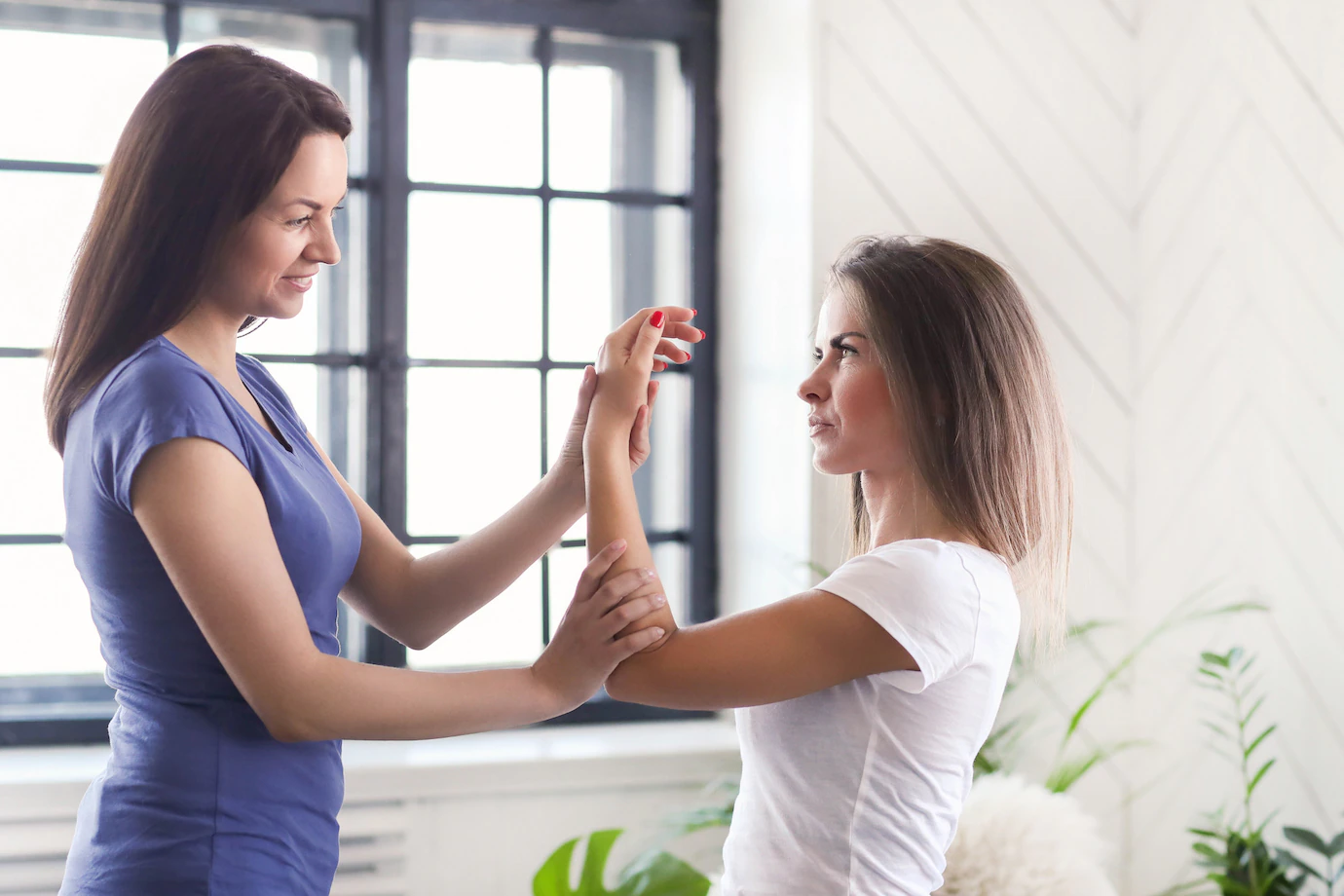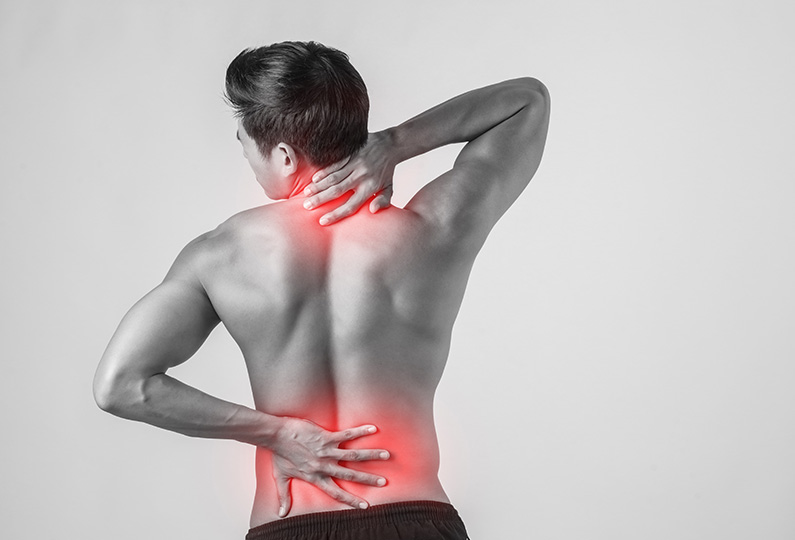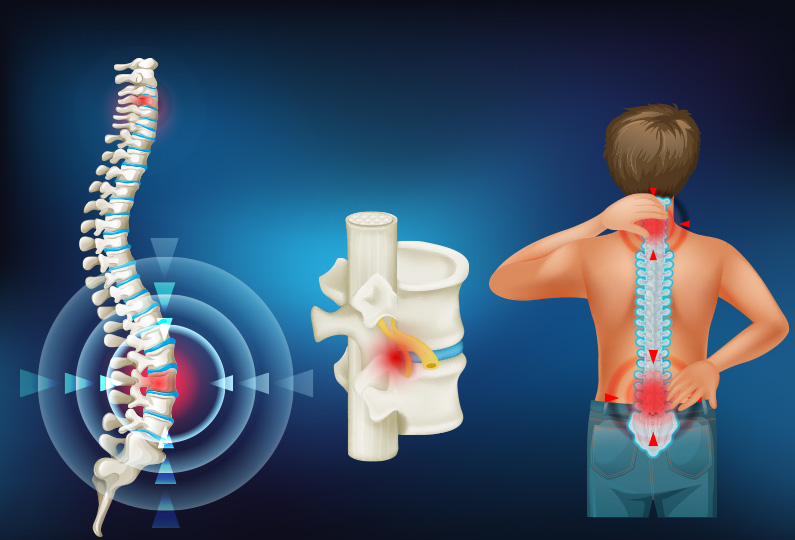Neck Hernia
Neck Hernia
What is Neck Hernia? What are the Symptoms?
The gel-like discs in our spine can swell or herniate over time and due to certain stresses (such as lifting an inappropriately heavy object). Herniation occurs when the outer shell of the disc ruptures, causing the inner gel of the disc to push out of the shell. This herniated disc comes into contact with the spinal cord or the nerve roots coming out of the spinal canal, causing pain.
What is a Herniated Disc in the Neck?
Our spinal discs consist of a hard outer layer known as the annulus fibrosus and a gel-like center known as the nucleus pulposus. Over time, due to stresses or disc degeneration, these discs can push outward to form a bulging disc. More seriously, a tear in the annulus fibrosus can sometimes occur. This puts pressure on the disc, which can easily bulge outwards and contact the nerve root. When these changes occur in the six discs in the neck, it is called a cervical herniated disc.
What are the Symptoms of a Herniated Cervical Disc?
A herniated disc is one of the most common causes of neck pain.
The disc is pressing on a nerve root;
Numbness or tingling sensation in the shoulder or arm, radiating towards the fingers
Thinning and/or weakness in the muscles of the hand or arm,
The disc is pressing on the spinal cord;
Impairment in walking,
Tingling or numbness spreading up your legs,
Loss of fine dexterity in our hands and arms,
Complaints such as loss of balance and coordination can be seen.
What are the Factors Causing Herniated Neck?
In young people, our spinal discs contain a lot of water. They are quite soft and provide great shock absorption. As we get older, the amount of water decreases. The discs are now much less flexible, so you have a much higher risk of rupturing/herniating the disc when you move, twist or turn.
It is not always easy to understand what causes a herniated cervical disc, as the pain can come slowly. Here are some typical causes:
- Age: As mentioned above, with age our spinal discs lose water and become less flexible and prone to rupture. It is common in people between 30 and 50 years old.
- Genes: There is a genetic predisposition to herniated discs.
- Movement: Sudden, jarring movements, such as during trauma, can cause herniated discs.
- Sudden strain: Lifting a heavy load incorrectly or twisting your upper body while lifting can damage the disc.
What are the Treatment Options for Herniated Discs in the Neck?
Herniated discs can usually be treated with non-surgical options. These treatment methods do not shrink the hernia tissue but deal with the areas that cause pain.
Rest; In general, the first treatment for any neck or back injury is to rest for a few days. Rest can relieve swelling and give your neck time to heal. It may be necessary to avoid moving for the first few days, but then you will need to start moving to prevent your muscles and joints from stiffening and weakening. Medications; Painkillers can be used in the first place. However, you should not use them for more than 10 days. Again, muscle relaxants can be used in addition to painkillers. Physical therapy; Physical therapy aims to strengthen the muscles that support your back and minimize some of the pressure on the spine and affected nerves. Physical therapy includes stretching exercises, aerobic exercises, superficial and deep heaters, traction and electrical muscle stimulation.
Injections; Injection therapy has an important place in the treatment of herniated discs. These treatments are applied to areas close to the hernia tissue (such as muscle and tendon structures). It can be said to be the most effective treatment method for pain. The main injection methods performed in this way; Dry needling (IMS), PRP treatment, Ozone therapy, Prolotherapy, Mesotherapy, Manual therapy, Cupping treatment. When performed by specialist physicians, there are no side effects and the success rate is very high.
When is surgery necessary?
Most herniated discs do not require surgery. However, if rest and other treatments do not improve your pain within 4-6 weeks, surgery may be the next option. Surgery may be necessary if you experience muscle weakness in your hand and arm. Because this means that the nerve root has been compressed to the extent that it can be permanently damaged.
Surgery is a good option if you have the following conditions:
- All of the above treatments have not worked,
- If your symptoms are getting worse,
- You have difficulty standing or walking,
- If you cannot control your bladder or bowels.
- What happens if I don't treat my cervical hernia?
As we explained above, most cervical herniated discs do not require surgery. Often, rest may be all that is needed to relieve the pain. However, if your pain persists for more than a few weeks and you have tingling in your hands and arms, weakness and some loss of function, you may need to consult a specialist immediately.
What Should I Do to Maintain My Neck Health?
Most herniated discs in the neck heal on their own or with treatment. However, this does not mean that they will not flare up again over time. To protect your spine and prevent these hernias from recurring, you should always sit and stand up straight. If you have to stand for a long time, rest one foot on a stool, etc. to reduce the strain on your back.
Avoid gaining weight. This will reduce the load on your spine and therefore the risk of a herniated disc. When you lift something heavy, do it correctly. Squat from your knees to pick up the object. Do not bend at the waist. Do not get up and turn at the same time from a squatting position.
